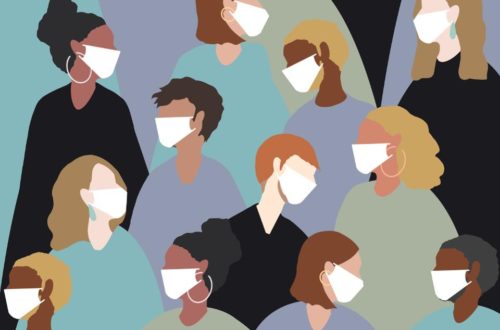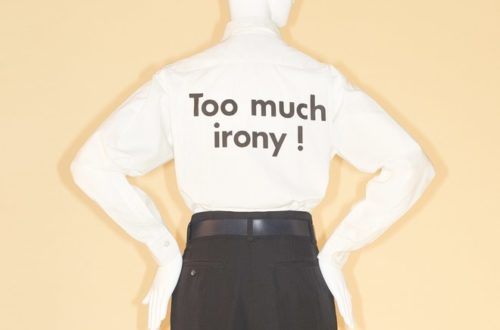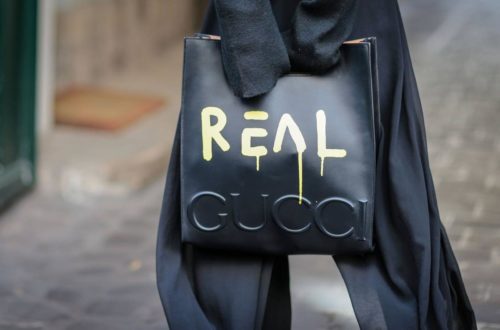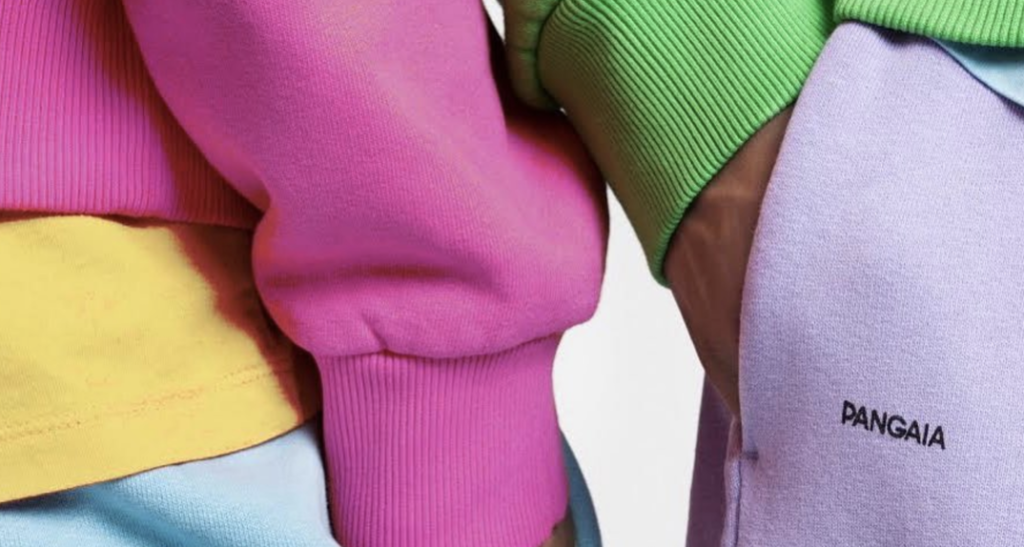
Pangaia is an eco-friendly company characterized by the use of advanced technology to produce clothing. It was founded in 2018 and its name derives from the Ancient Greek, “Pan” meaning “all-inclusive”, and “Gaia” which stands for “mother earth”.
The brand is a demonstration that sustainability and sales are not mutually exclusive, as Amanda Parkes, the chief innovation officer, said. In fact, in 2020, Pangaia reported $75 million in sales, and according to an analysis conducted by The Business of Fashion, the brand remained profitable.
Pangaia is famous for producing innovative materials such as FLWRDWN which is made from wildflowers, substituting goose and duck feathers and synthetic down, and importantly, avoiding cruel processes (live plucking1). This material further helps in protecting biodiversity and habitat conservation. Additionally, two other fibers were introduced by the brands: FRUTFIBER which reuses banana and pineapple leaves with bamboo fibers, and PLNTFIBER that is originated from fast-growing plants such as bamboo, eucalyptus, and seaweed. These two are good alternatives to cotton, whose intensive cultivation creates consistent problems for the use of chemicals and pesticides and the consumption of water. Instead, by employing fibers derived from the fruit industry, which would be otherwise wasted, the company helps the restoration of the soils. Another new material used by them is recycled cashmere: a mixture of pre and post-consumer wool and cashmere originated for instance from discarded garments and unused production offcuts. The process works according to the Responsible Wool Standards (RWS), respecting animals’ welfare, and it intends to give existing fibers a second life and reduce the use of new raw materials. Furthermore, Pangaia has some partnerships with the science company Kintra Fibers2 for the use of corn instead of fossil fuels, to produce polyester.
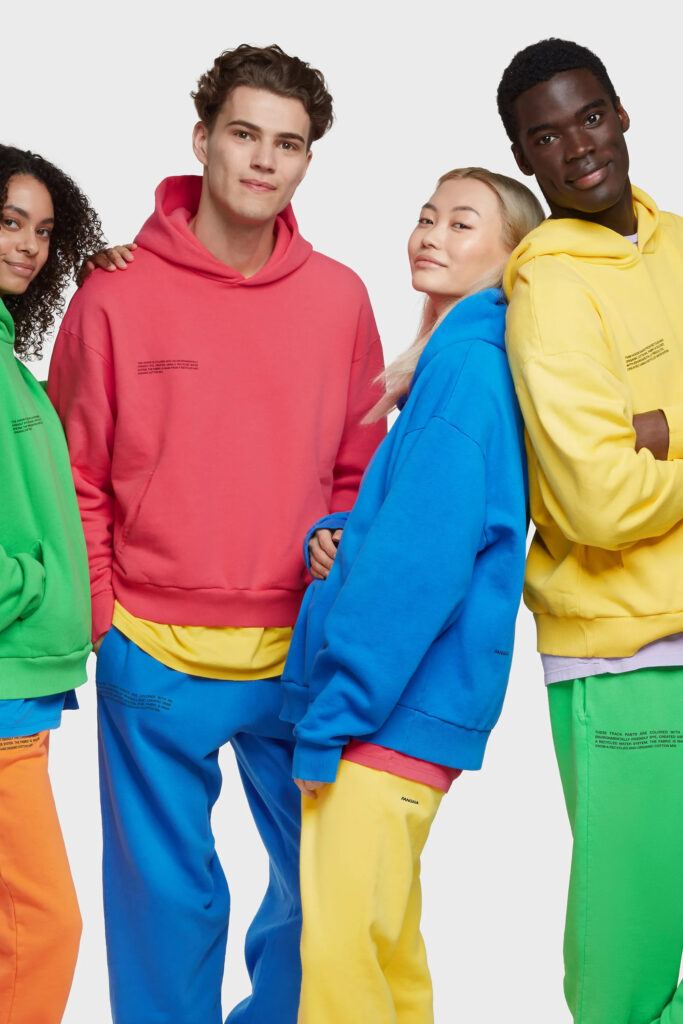
For its mission to make products from innovative tech and bioengineering materials, and for its work, the brand was assigned with different values regarding environmental protection, including the B Corp certification. In this field, Pangaia is working on improving its score and further developing its systems to better meet the B Corp certificate targets and aspire to be an Earth-positive business. The certification is a very rigorous process and the status that Pangaia can accomplish all the requirements is an important statement that the company is able to pursue its mission to build the best product, cause no unnecessary harm, and use its business to inspire and develop solutions to the environmental crisis.
Pangaia’s sustainable statements are shown on its website, where its different efforts to address environmental issues are reported. Among all its information regarding the materials they use and the production process, it is really interesting how they explain the concept of “slow fashion”. The term refers to the approach to clothing that prioritizes a thoughtful, introspective perspective on what, why and how we buy products. This is exactly the antithesis of a fast fashion model that encourages compulsive and trend-led purchases. Whereas “slow fashion” highlights the idea that clothes are long-term investments, advocating responsible purchasing and maintenance. As many studies show, we are consuming now more and more clothes, and most of them are worn just 3 times, making their life cycle extremely short and not sustainable at all. This is why the practice of “slow fashion” can help the planet because if we buy less, make responsible purchases, and be aware of the materials and the process behind the items we buy, we can reduce our environmental impact, and this is what Pangaia is trying to tell us with its innovative production. For the company, this implies the use of organic cotton which does not contain any pesticide or the growth of generative practices by investing in methods that give back what the industry has taken from the hearth. The ”slow fashion” method does not come without any issues. If the quality of the items is higher, labour conditions are guaranteed and the production process is fair and ethical, the average price will increase. Nevertheless, if as consumers we can switch our mindset to quality over quantity there will be a balance, without the need to continue purchasing or replacing our clothes.
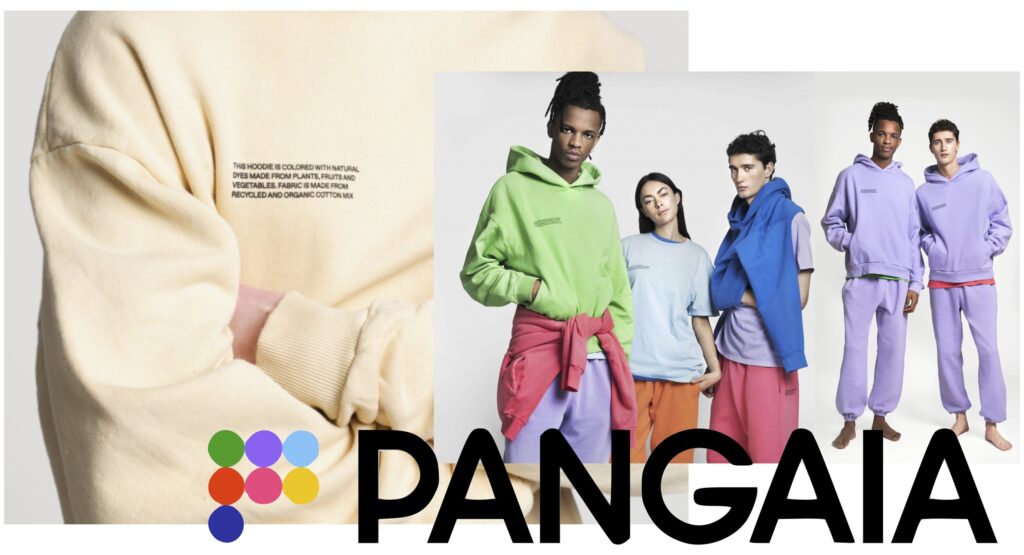
By Fabiana Mancuso




